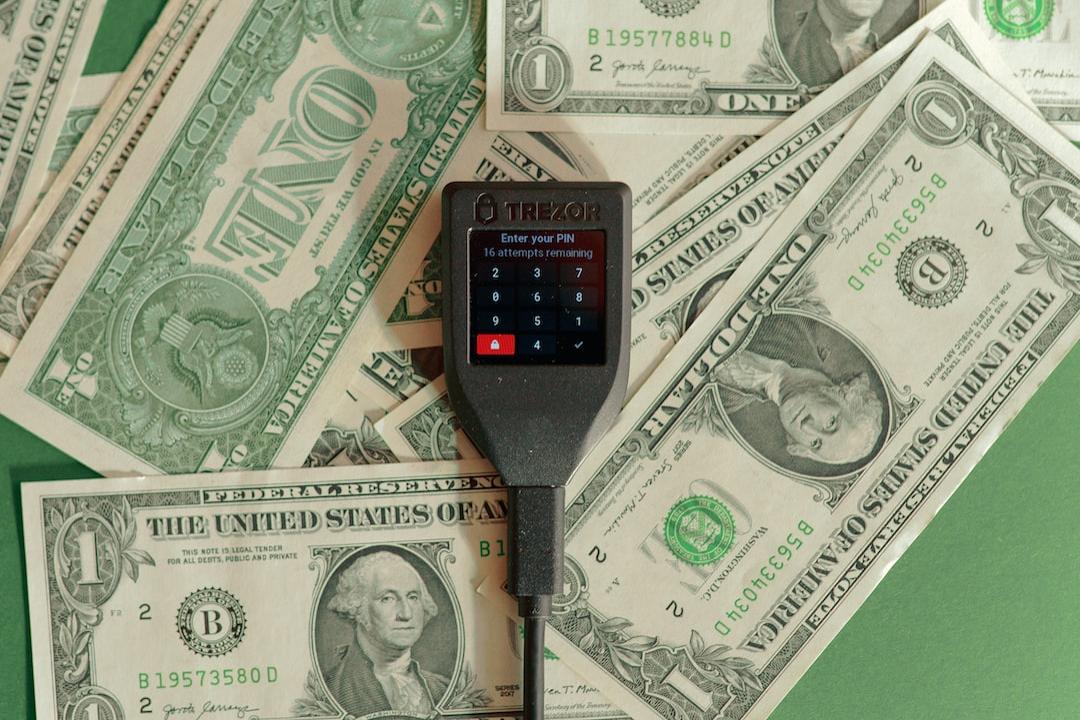This morning, the House of Representatives passed FIT21, the 21st Century Financial Innovation and Technology Act. If it is passed by the Senate and signed into law, it will clarify the regulatory responsibilities of the U.S. Securities and Exchange Commission (SEC) and the Commodity Futures Trading Commission (CFTC) in the field of digital assets and make regulatory principles clearer.
Table of Contents
Toggle
House of Representatives passes the 21st Century Financial Innovation and Technology Act
Supportive voices
Former Speaker of the House, Nancy Pelosi
Chairman of the House Financial Services Committee, Patrick McHenry
Director of Government Relations at the Blockchain Association, Ron Hammond
CEO of Coinbase, Brian Armstrong
Opposing voices
The White House
SEC Chairman, Gary Gensler
House Financial Services Committee member, Maxine Waters
FIT21 still faces significant challenges
This morning, the U.S. House of Representatives passed the 21st Century Financial Innovation and Technology Act (also known as FIT21 or HR4763) with 279 votes in favor and 136 votes against. As a bill promoted by the Republican Party and focused on the cryptocurrency market, the bill aims to comprehensively regulate a wider range of cryptocurrency ecosystems.


The FIT21 bill largely assigns jurisdiction over cryptocurrencies to the Commodity Futures Trading Commission (CFTC), which is considered a more lenient regulatory agency compared to the current SEC.
Advertisement – Continue reading below




At the same time, the bill also includes provisions relating to stablecoins and anti-money laundering, and allows digital assets to be legally traded in the secondary market.
Last week, 60 cryptocurrency companies or organizations, including Gemini, Kraken, and Coinbase, expressed their support for the bill, stating that the current securities laws are outdated for new digital asset companies.
With the successful passage of the bill in the House of Representatives, comments in support of and against the FIT21 bill have been continuously made by members of various parties and industry professionals.
Nancy Pelosi, who visited Taiwan in 2022, emphasized in a subsequent statement that the FIT21 bill is the first step in establishing a regulatory framework for digital assets but still needs further improvement:
Digital currencies have become integrated into the economy and lives of Americans and will only become more important in the coming years. In order to ensure the safe development of emerging technologies, the federal government needs stronger and clearer enforcement powers and regulations.
Patrick McHenry, a long-time cryptocurrency-friendly member of the House of Representatives, also stated that he will fully support the bill before retiring in January next year:
It is time for Congress to provide clear rules for the digital asset ecosystem. We should legislate to protect consumers and promote the flourishing development of innovative technologies in the United States.
Ron Hammond told The Block that the bill is a major turning point for the cryptocurrency industry:
Congress’ view of cryptocurrencies is changing and it may undermine the regulatory obstacles that SEC Chairman Gensler is trying to establish.
He added, “The connection between the cryptocurrency community and the upcoming elections is undeniable, and it seems that the Biden administration has finally realized this.”
(The Block: Ethereum spot ETF becomes a political chip, and the SEC is like rushing to finish a paper the night before the deadline)
Brian Armstrong also expressed optimism on X, calling it a “historic vote”:
If the bill becomes law, it will enable legislative and regulatory authorities to begin formulating clear rules to regulate cryptocurrencies, thereby avoiding a few radicals in the government from suppressing the industry using ambiguity.
On the eve of the vote, the White House issued a statement expressing opposition to the FIT21 bill, stating that it lacks sufficient protection for digital asset investors and consumers:
However, we still look forward to working with Congress to establish a comprehensive and balanced regulatory framework for digital assets.
Gary Gensler expressed concern that the FIT21 bill will create regulatory gaps and significantly increase market vulnerabilities, promoting abusive behavior:
The FIT21 bill attempts to reclassify cryptocurrency assets and remove them from the jurisdiction of the SEC, weakening the SEC’s ability to protect investors.
(“Cryptocurrency market fears unlimited abdication!” SEC Chairman Gary Gensler condemns cryptocurrency market bill FIT21 before parliamentary vote)
Senior Democratic Party member Maxine Waters criticized the bill, calling it one of the worst bills she has ever seen:
The resources and manpower of the CFTC are only one-sixth of the SEC’s, and the agency does not have enough power to regulate cryptocurrencies in this bill.
Currently, the FIT21 bill has only passed the House of Representatives and may take several months to be sent to the Democratic-controlled Senate for deliberation, which will involve multiple rounds of revisions and adjustments.
In other words, even if the FIT21 bill successfully passes both houses, some of its contents may still change and will require coordination and consensus between the two houses before it can be submitted for presidential signing.
However, the White House’s opposition to the bill yesterday has made its future even more uncertain.
Brian Armstrong
CFTC
FIT21
Gary Gensler
Maxine Waters
Nancy Pelosi
Patrick McHenry
SEC
Biden
White House


Further reading
Crypto lawyer accuses SEC of abuse of Wells notices, CFTC: enforcement actions will only increase
Consensys sues SEC, supports Ethereum, and points out the “four reasons” why ETH is not a security.

